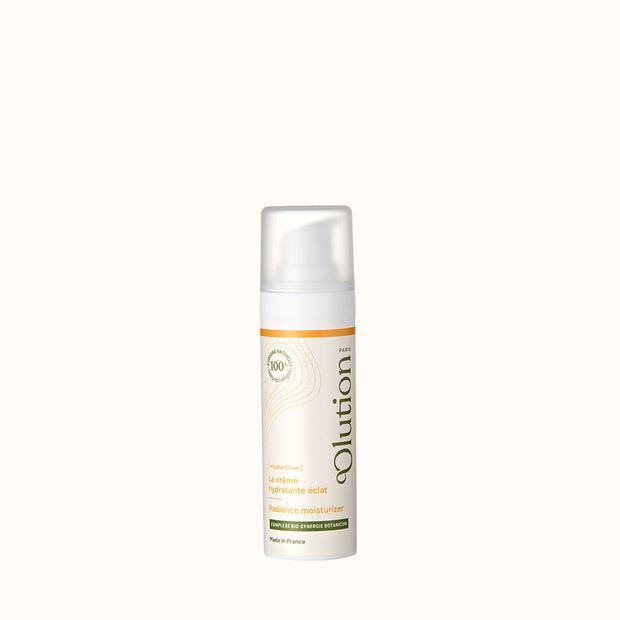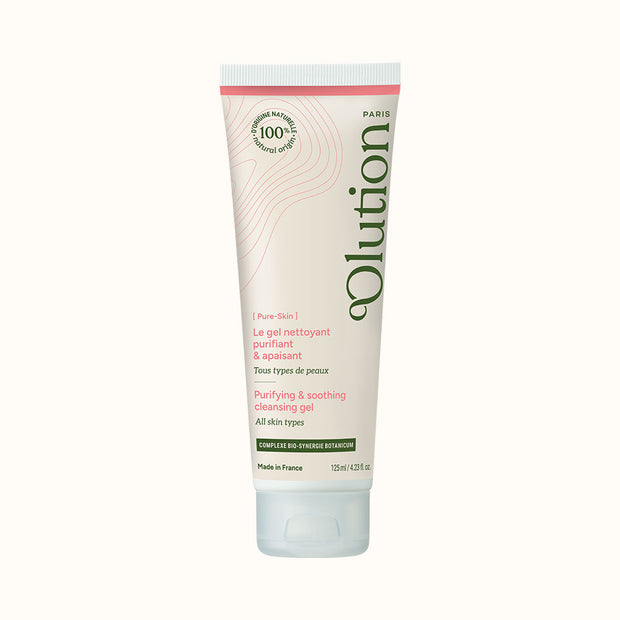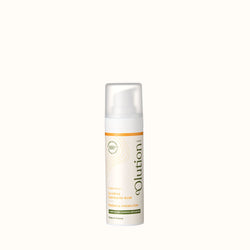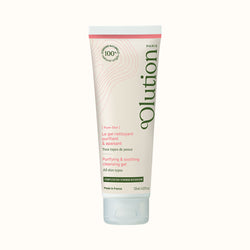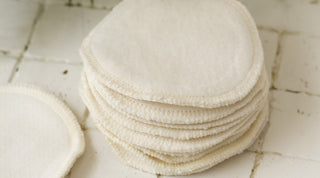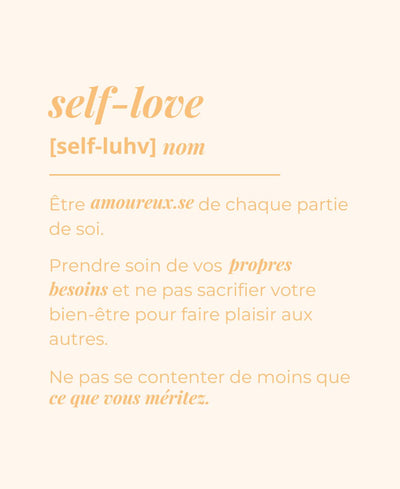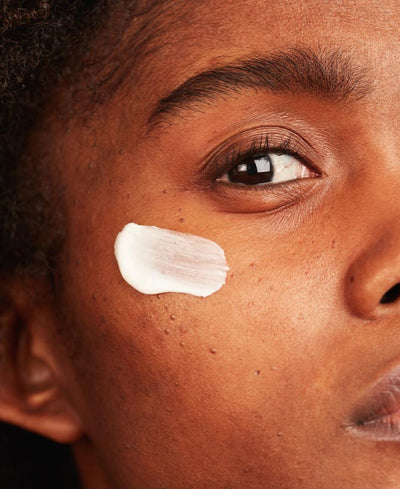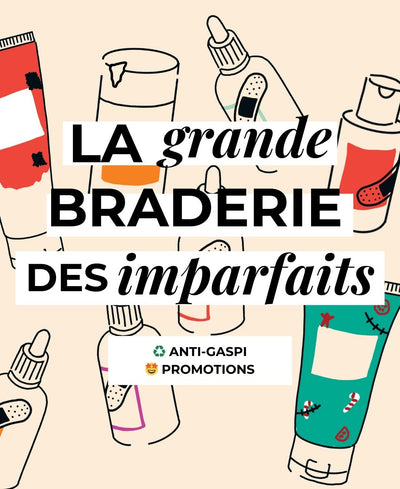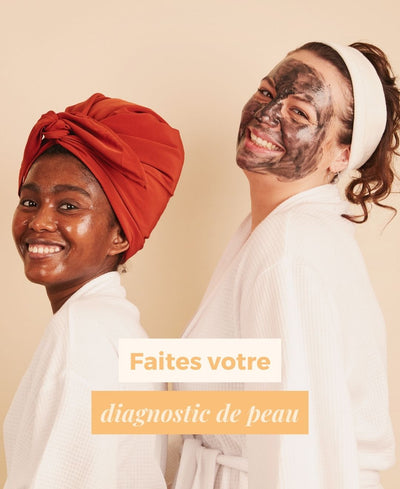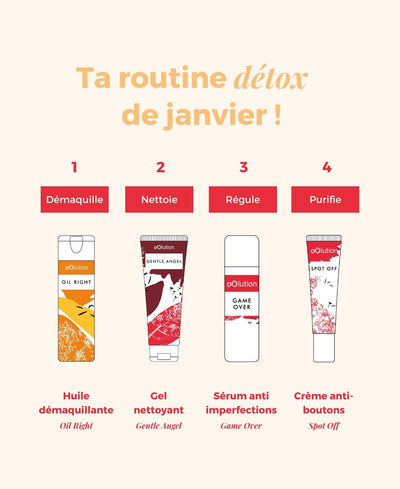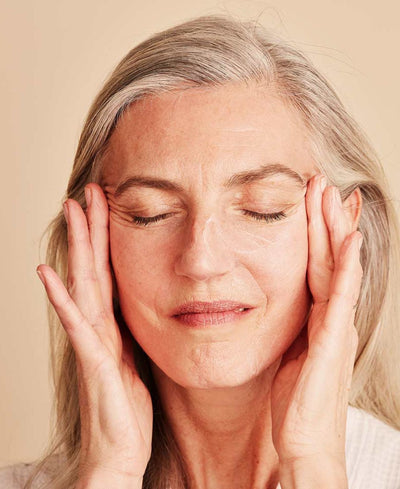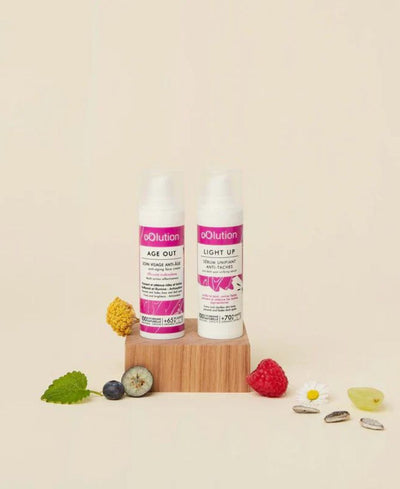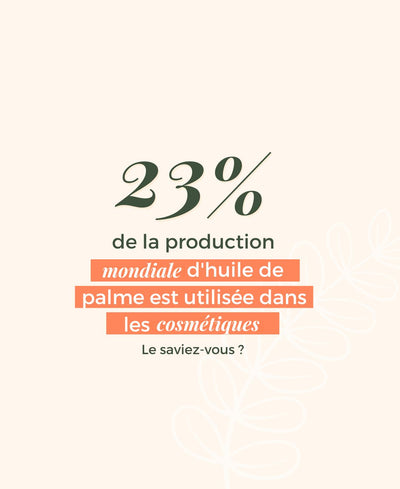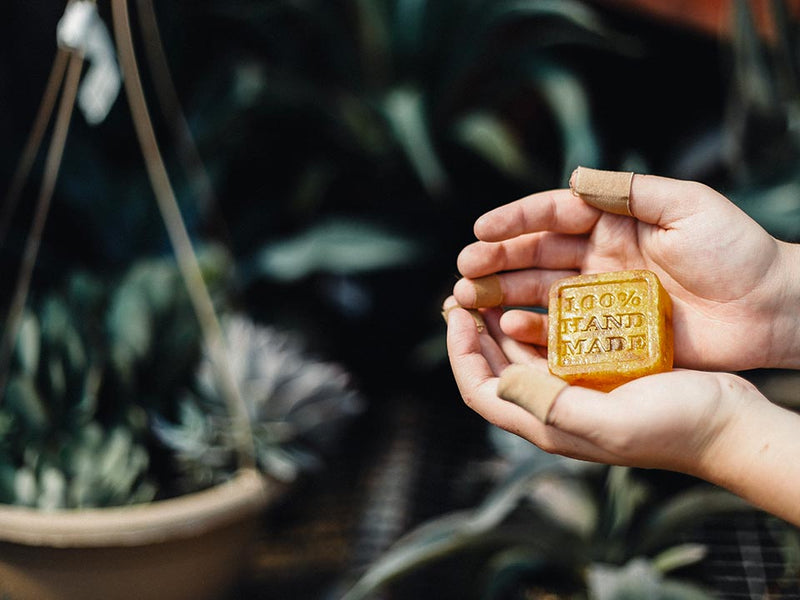
How to choose your solid soap?
Written on 04.Mar.20 by Anne-Marie - Updated on 30.Sep.21
Have you moved away from bottles to solid soap, which you've heard is greener, healthier and better for your skin? Excellent idea! It's all very true... provided you choose wisely. And that's not so simple: with the happy development of Zero Waste, the worst rubs shoulders with the best. Follow the guide!
Is solid soap necessarily better?
Long out of fashion, solid soap has made a comeback. And so much the better! For the planet. Because when you say liquid, you say bottle. Usually plastic, potentially recyclable but rarely recycled... Solid soap, on the other hand, means zero packaging, 25% less CO2 over its entire life cycle, and a guarantee against over-consumption: for hands alone, you use 6 times less than with a liquid product. Of course, this also has an impact on your wallet: even top-of-the-range products cost 3 times less in the end.
Another big advantage of solid soap is that it contains no preservatives. You can't do without shower gels, which contain a lot of water. And while parabens have fortunately become rare, their most common replacements, methylchloroisothiazolinone or methylisothiazolinone, are at least as dangerous. In fact, they are banned in leave-on products... Let's add a few fabulous innovations such as exfoliating shower gels and their micro-plastic beads, which are disastrous for aquatic environments. In short, not great.
But for the rest, if they're conventional, a soap or shower gel is all the same. What's wrong with them? Not their effectiveness: they clean, and they clean. But at what a price! The fault lies with their sulphated, petrochemical and highly polluting surfactants. Sodium Lauryl Sulfate (SLS) or Sodium Laureth Sulfate (SLES) in particular: cheap and super-foaming, they're merciless on impurities... and on our hydrolipidic film. They may degrease an engine, but your sebum won't stand up to them. Your skin may be clean, but it's irritated, weakened and exposed to other dangerous substances... of which they're not sparing: color and texture stabilizer EDTA, endocrine disruptors like antioxidant BHT and allergenic synthetic fragrances, controversial colorants like titanium dioxide... An abundant lather, an exotic color, an original fragrance? Beware!
An organic label will protect you from certain substances, but not all. Ammonium lauryl sulfate, for example, a naturally-occurring but irritating surfactant, is authorized by Ecocert or Cosmebio. To offer your skin the very best, you need to look further afield.
Good fat makes good soap
The chemical reaction that produces soap, saponification, was perfected centuries ago. What does it require? Triglycerides from a fatty substance and an alkaline agent. On the alkaline side, there are few questions to ask: soda for solid soap, potash for soft soap. On the fatty side, there's more choice, since in theory all fats can be saponified... with more or less recommendable results.
Animal fats, tallow or lard have been used since Antiquity. But they're not very appealing: obtained by melting animal fat, they produce soaps that go rancid quickly, are unattractive and even irritate the skin. And yet, manufacturers still use them extensively. Yes, there's no cheaper way to produce soap... Beware of supermarket soaps and fake handicrafts from markets or souvenir stores: Sodium Tallowate ? Beef fat. Sodium Lardate ? From pork. As for donkey or goat's milk, it's a different story: they're not involved in saponification, they're added afterwards and their virtues are real. But at oOlution, we've made an ethical choice: not to participate in any animal exploitation.
Especially since vegetable fats knock them out. Their fatty acids have a strong affinity with our skin, make for a healthy, effective soap. And they have a big plus: their fraction unsaponifiable fraction. Their vitamins E, A, squalene, phytosterols and terpenes do not react with lye, but remain intact. Soap inherits their precious properties: antioxidant, protective, restructuring, nourishing, softening... With the huge variety of vegetable oils available, it's easy to meet all your skin's needs! Just avoid the disastrous palm oil, common even in so-called traditional soaps. Once saponified, it appears as Sodium Palmate or Sodium Palm Kernelate.
Look for shea butter, Sodium shea butterateexceptionally rich in unsaponifiables, for a creamy, nourishing solid soap. L'Olive, Sodium olivatewith its precious unsaponifiables, gently cleanses. L'Coconut oil, Sodium cocoate, with its strong cleansing power, gives solid soap a pleasant lather and a hard texture. All these ingredients in the composition of our Soap Rise. So you see: chemical additives and surfactants are really unnecessary!
Gentle soap: a question of glycerine and temperature
Soap, even made from the best vegetable oils, has one drawback: it's an alkaline surfactant. it's an alkaline surfactant. It's bound to strip our skin with a slightly acidic pH. In fact, that's what it's designed to do, to rid the skin of impurities and excess sebum.
This is where the second substance produced by saponification comes into play: glycerine.. It doesn't wash, but its role is just as essential. Emollient, moisturizing and capable of attracting water, it deposits a protective film that compensates for the action of soap by restoring the hydrolipidic film almost immediately. Without it, it would be terribly tight! The manufacturing process of your soap determines the quantity and quality of its glycerine.
On the industrial side, it's a mess! To speed up the saponification process and improve profitability, manufacturers heat a mixture containing high levels of sodium hydroxide to very high temperatures. The result: the heat degrades the fatty acids, destroying the unsaponifiable matter, and several rinses are necessary to remove the excess soda. These rinses also extract the glycerine (which is then sold separately, as it's much more profitable...). A few undesirable additives and a little petrochemical glycerine are then added as a concealer. The result: a scouring, drying and polluting product which has long given soap a bad image.
With cold-saponified artisanal solid soap, the reaction is slow, at room or low temperature, and continues for at least 4 weeks of drying. This is the key to keeping fatty acids, unsaponifiables and, of course, all the glycerine intact. Of course, the family of natural handcrafted vegetable solid soaps also has a hot-saponified clan: the famous Marseille or Aleppo solid soaps. Slowly heated and much richer in oil than industrial solid soaps, they are nevertheless less rich in glycerine than cold-saponified soaps. And less rich altogether: a cold process soap can play on the immense variety of vegetable oils, while they can only use those that are heat-resistant. And in fine, without an AOC or patent, their market is mostly invaded by fake industrial products, based on palm oil, perfumes and synthetic colorants. With cold-saponified soap, this is impossible: the process cannot be industrialized.
Would you like some more fat?
In short, for dry, sensitive skin, babies and children: cold-saponified solid soaps are a must. And highly recommended for everyone else. Even more so when they are superfatted. Yes, we can't get enough of greasy soap!
Saponification is a total reaction reaction It stops only when one component is exhausted. By adjusting the proportions we can ensure that, at the end of the process, not all the oil is transformed into soap.. You can also add unsaponified oils towards the end of the process. The advantage? An even softer, more nourishing solid soap, which becomes a real skincare product! To ensure that your solid soap is really superfatted, check its composition: in addition to oils or butter in saponified form (INCI name with sodium +terminaison en -ate), others are listed under their usual name (plant name in Latin + oil).
There are as many possibilities as there are vegetable oils, to meet the needs of all skin types and conditions. The best way? Play on synergies with a solid soap rich in numerous high-quality plant oils and butters. That's what our Soap Rise our Soap Rise, composed of 24 first cold-pressed organic plant oils and an oily macerate Shea butter, softening and nourishing Olive and Sweet Almond oils, soothing and anti-dehydration Coconut, anti-dryness Macadamia and Avocado, antioxidant and revitalizing Borage, Rose Hip and Evening Primrose oils, repairing Hemp... Of course, palm oil-free and traditionally hand-crafted in the Hautes-Alpes. Sensitive skin, children, pregnancy or breastfeeding: our fragrance-free fragrance-free Soap Rise is suitable for all. For the rest of us, it's available in a version scented with essential oils of Citrus, Frankincense, Ylang-Ylang and Orange Blossom for a subtle balance of relaxing and energizing. Looking for a shower-pleasure without synthetic fragrances? It's made for you!
Used every day, on all our skin, discharged directly into our water: the choice of our solid soap is far from trivial. Yes, our daily shower is not just a question of hygiene. With a cold-saponified superfatted natural solid soap, it even becomes an essential health and beauty gesture, and a militant act for the planet!
